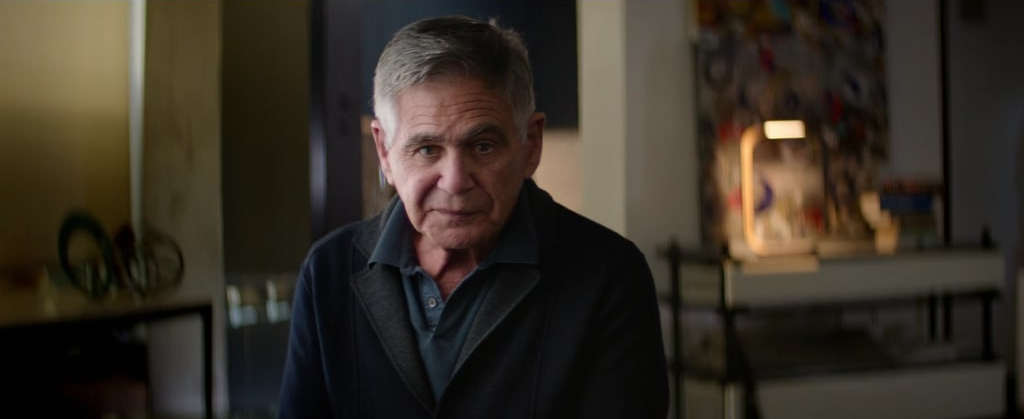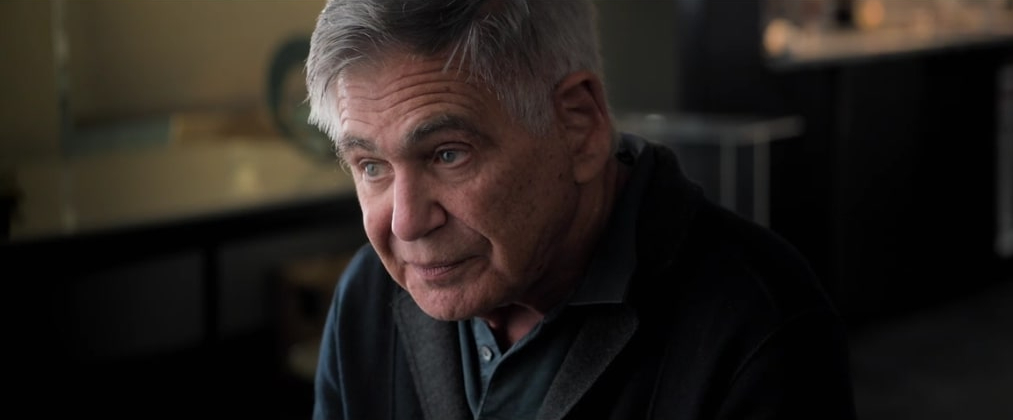Although the tale of the Peoples Temple cult is one of the most heartbreaking, there was once a time when journalist Charles Krause believed it would just be a style story. He actually even admits to this much in Hulu’s ‘Cult Massacre: One Day in Jonestown,’ having been unaware his visit there with Congressman Leo Ryan would inversely result in the loss of 918 lives. A few officials, some defectors, and every cult member at the Jim Jones established Jonestownstown had died, only for the former to be one of the lucky survivors – but alas, he is much more than that.
Charles Krause’s Experience is Unparalleled
It was reportedly back when Charles was just a young boy that he first developed an interest in art and journalism, only for them to continue expanding as the years passed by. The truth is his interest in the former had sparked when his parents had begun collecting the works of some of the most influential 20th-century artists, whereas his spark for the latter in the political world was even more natural. Therefore, upon graduating high school, he decided to enroll at the University of Pennsylvania to pursue a Bachelor’s in Political Science, all the while serving at the in-house newspaper until he’d evolved to hold the coveted position of editor-in-chief.

It thus comes as no surprise Charles subsequently found himself working as a reporter before gradually evolving into a full-on correspondent with stints at not just The Washington Post (prior to 1978) but also CBS News and The MacNeil/Lehrer NewsHour. He actually specialized in foreign affairs, whether it concerned Latin America, Central Europe, the Middle East, or even Asia, which is why he was selected as a writer to cover the Peoples Temple cult and their settlement in Jonestown in 1978. But alas, little did he know it would culminate in him being shot in the leg while attempting to leave, only to return within days for some concrete answers – he never got what he was looking for, but it did enhance his perspective on life.
Apart from Charles’ coverage of Jonestown in the late 1970s, some of his most well-known stories are the relationship between Israel and the West Bank for The NewsHour (it earned an Emmy in 1987) plus the collapse of the Warsaw Pact and the Soviet Union. He has even covered the Argentinan Dirty War, the Sandinista Revolution in Nicaragua, as well as the Peoples’ Revolution in the Philippines, further shining a light upon socio-political change across the globe. The fact he holds a Master’s in public affairs from Princeton University’s Woodrow Wilson School has also seemingly significantly helped him along the way, but he ultimately changed gears.
Charles Krause is Now an Art Dealer and Theatre Lover
It was in 2011 that Charles chose to take a step back from pure journalism and establish his own gallery in Washington DC named Charles Krause/ Reporting Fine Arts, where he exclusively displays pieces influenced to shine a light upon the political standing of areas worldwide. The fact the author of ‘Guyana Massacre: The Eyewitness Account’ is an extensive art collector himself, a trait he’d carried on from his parents, definitely helps him along the way too – he appreciates good pieces no matter what. We should even mention that his first exhibit was awarded a variety of titles, including Critics’ Pik by the renowned ArtFoprum magazine, as well as a list of 10 Best Gallary Exhibits in 2012 by the Washington Post.

Coming to his current standing, from what we can tell, Charles is still based in Washington DC, where he serves as an art gallery owner-operator, a writer, and the Senior Vice President at the American Friends of the Gdansk Theatre Foundation. As if all this wasn’t enough, this former Trustee of the University of Pennsylvania, plus a former board member of USA for UNHCR (United Nations High Commissioner for Refugees), is even a member of the Inter American Foundation’s international advisory board today.
In other words, the journalist is now an art dealer, businessman, and public speaker who focuses on talking about his past, the necessary political changes required, and a legitimate measure of its importance by you. Coming to his personal life, well, he prefers to keep that aspect of his experience private these days, indicating he doesn’t want his public standing to influence his private matters, which is understandable.


You must be logged in to post a comment.